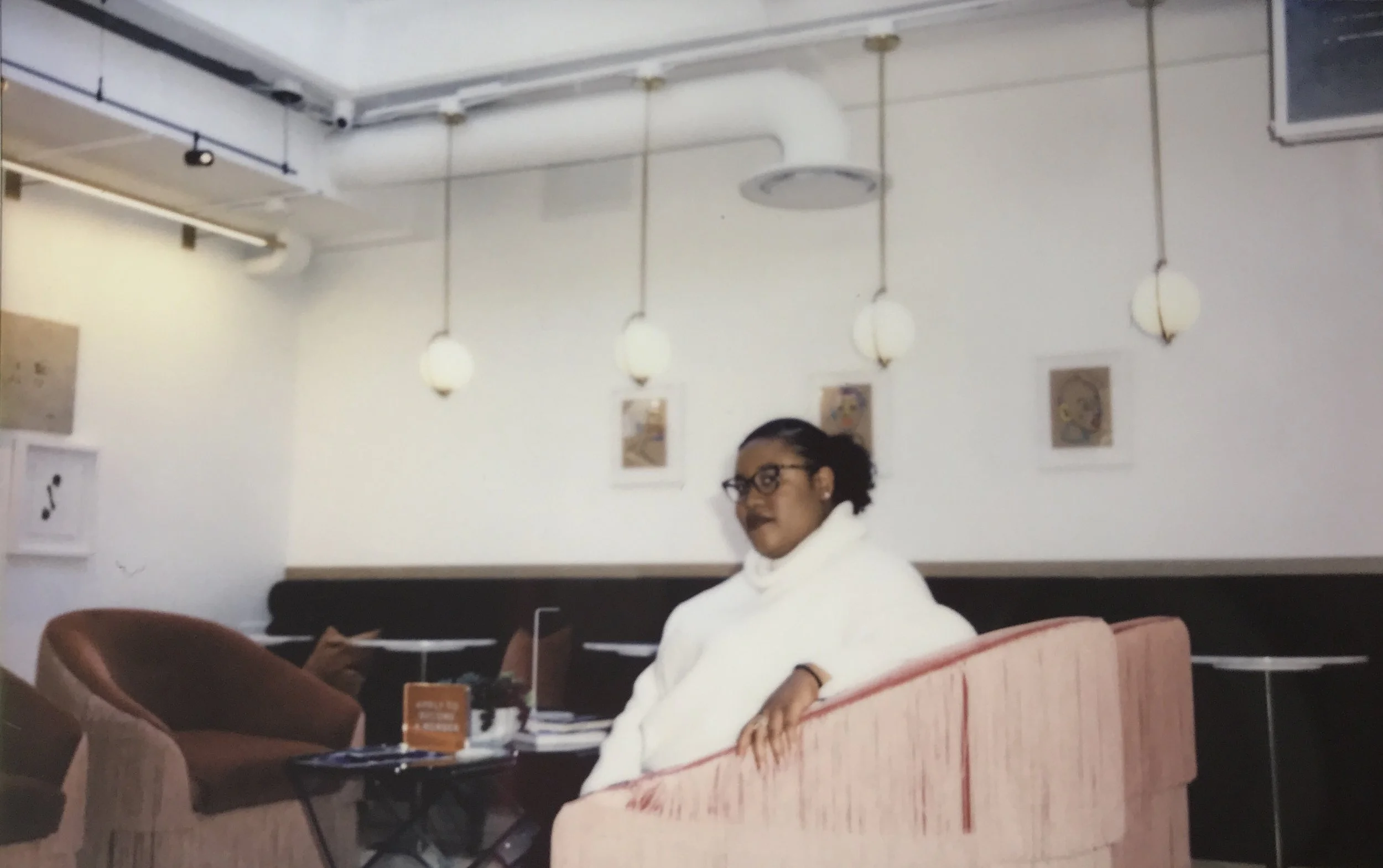Everything in Hollywood is and always has been influenced by our political and social climate. Art imitates life as life imitates art. Black love, not unlike Blackness itself, has worked to be represented in entertainment in a way that is multifaceted and complex instead of narrow and stereotyped. In recent history, we have seen everything from the idealized image of Black love on shows like The Cosby Show to a deeply honest and funny portrayal of modern relationships on HBO’s Insecure. As much as we may love to laugh at Zoey’s romantic struggles on ABC’s Grown-ish, what entertains us most is the mirror reflecting the issues and conversations being had in our community in the contemporary moment.
Sex positivity and women holding agency over our sexualities has sparked many a debate. Spike Lee’s netflix series She’s Gotta Have It (a reboot of his 1986 film of the same name) finds its sex-positive main character in Nola Darling. But Nola’s polyamory is illustrated as being messy and difficult for her to manage without causing any emotional harm to those around her which isn’t exactly shining representation for those who are non-monogamous. Issa’s attempts at owning her sexuality and being more open to casual relationships has been throwing her for a loop on Insecure. But it isn’t Issa who sparks the most interesting conversations. Molly, Issa’s best friend and a successful lawyer, tries to grapple with being involved with a man in an open marriage, being attracted to a man who may be bisexual, and being reluctant to date outside of her race. She was encouraging of Issa owning her sexual freedom but could not wrap her head around the same being true for a bisexual man who has interest in her. These themes carry over into real life with similar intensity. We have barely had healthy Black marriage displayed through mainstream entertainment, much less a healthy open marriage or one involving a queer partner. Romantic love is at the heart of most forms of entertainment and to see Black love portrayed with honesty in its many forms should be the goal.
While romance is always at the forefront when we think about love, Black platonic and familiar love are also worthy of discussion. Barry Jenkins’ film adaptation of the classic James Baldwin novel If Beale Street Could Talk tells the story of two protagonists who are deeply in love but it was the paternal love shared between father and daughter that stole the show. Tish and her father Joseph share tender moments after it is revealed that she is pregnant. His undying love for her, his support during her pregnancy, his determination to financially alleviate the pressures of Tish’s pregnancy by any means necessary and his dedication to getting the man she loves out of prison was a gleaming representation of Black fatherly love that needs to be explored more in popular Black visual culture.
Black love is as multifaceted as any form of love can be. Being able to see ourselves expressing affection and being vulnerable is important to our worldview. How we represent ourselves deeply impacts what we are able to understand within our community. It is imperative that we accurately depict a more complex vision of Black love that includes Black queerness, Black familiar love and platonic expressions of love. We are clearly making strides towards this but there is still work to be done.
